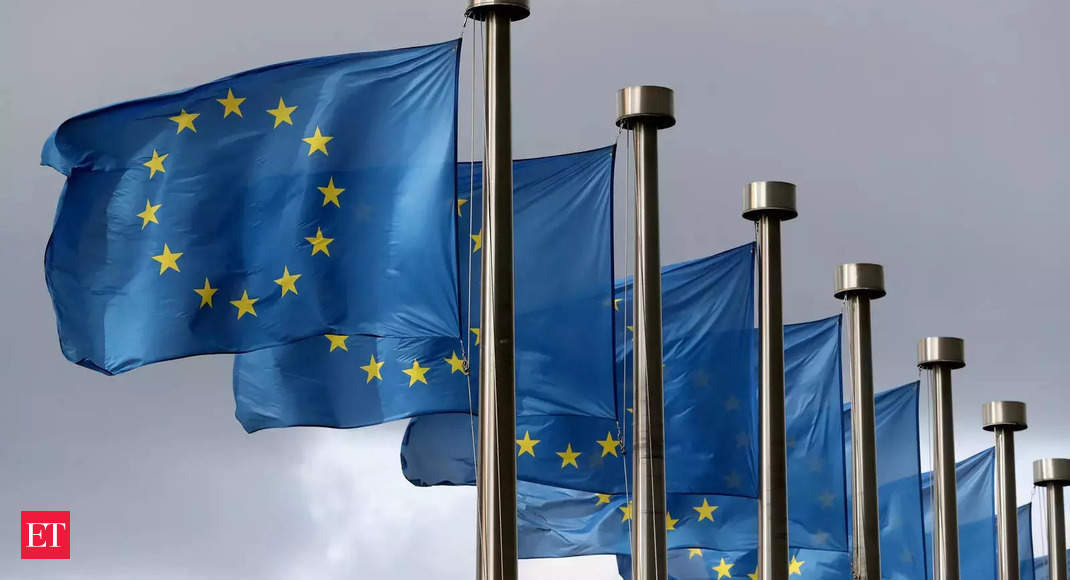ArcelorMittal Nippon Steel India and Hindalco Industries have raised concerns about the European Union’s Carbon Border Adjustment Mechanism (CBAM), which is set to come into effect in less than three months. The proposed method for calculating average embedded emissions is expected to put exporters to the EU, especially those from developing nations, at a significant disadvantage compared to their European counterparts. Exporters fear that their efforts to produce low-carbon steel for export will not be adequately rewarded under the new framework. Hindalco Industries has also highlighted that the regulations will require exporters to share voluminous operational data, including information on production volume, routes, raw material sources, and electricity consumption. Hindalco has termed the draft regulation as “highly flawed” both conceptually and practically, and believes that it could have a chilling effect on international trade. The company has raised concerns about the confidentiality of producers’ data and the potential delays in concluding transactions due to the extensive information-sharing requirements. Both ArcelorMittal Nippon Steel India and Hindalco Industries have submitted their concerns to the European Commission, urging a closer examination of the draft regulation. They argue that the proposed CBAM framework needs to be revised to address the potential negative impact on exporters and overall trade relationships between the EU and developing nations.











